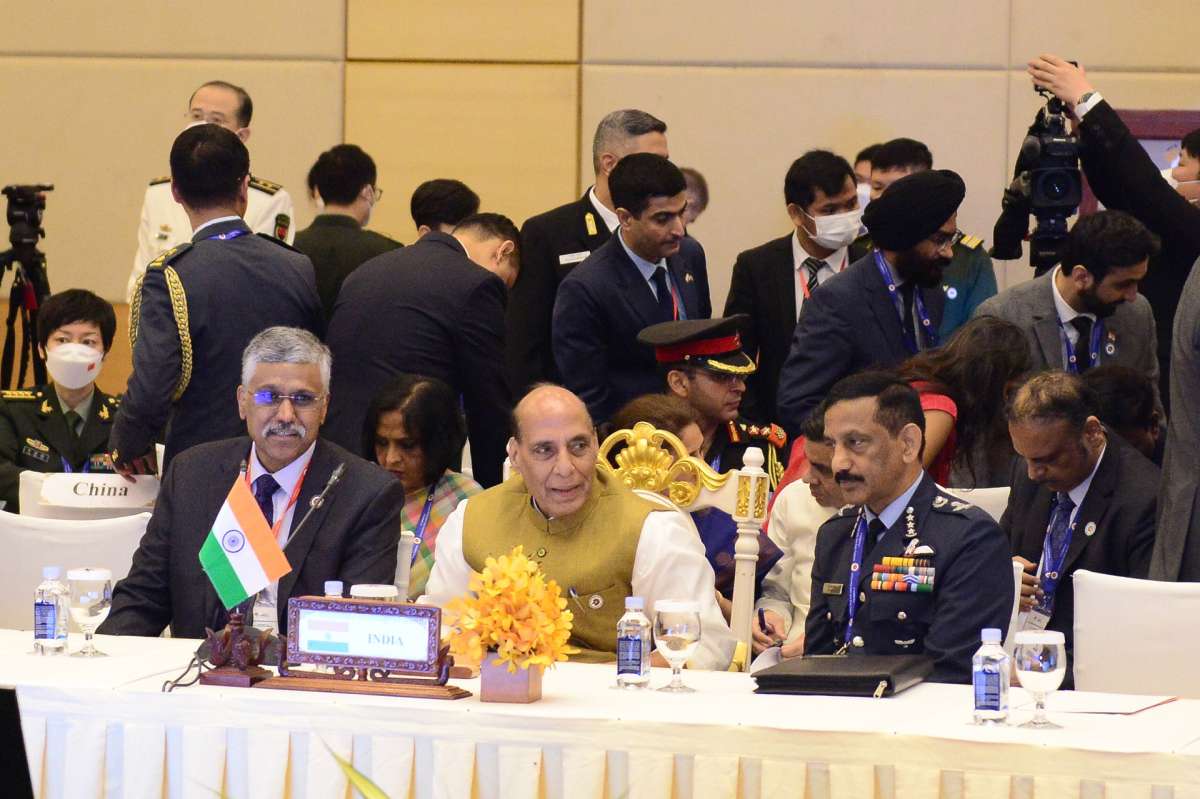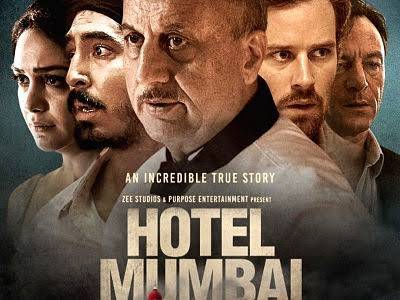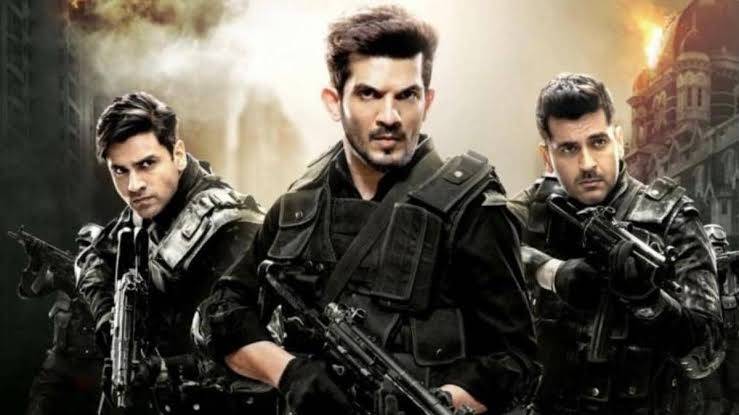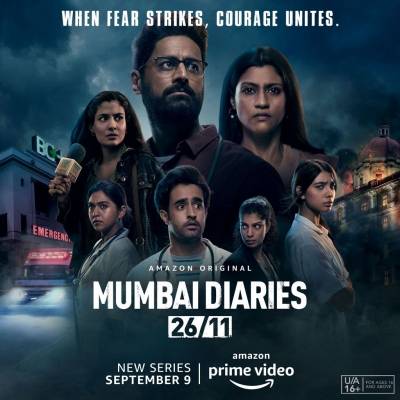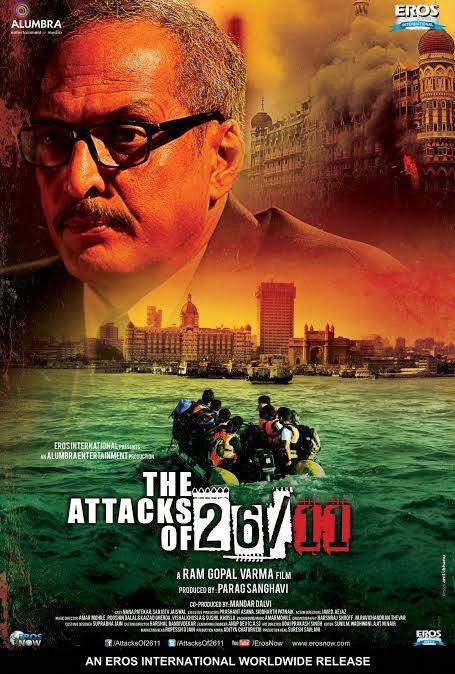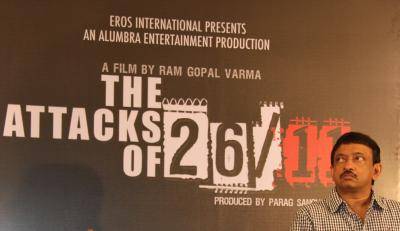In a veiled reference to China, Defence Minister Rajnath Singh said that India is concerned about “complicating actions and incidents that have eroded trust and confidence, and undermined peace and stability” in the region…reports Asian Lite News
Just two days before the 14th anniversary of the dastardly 26/11 Mumbai terror attacks, India reminded the world on Wednesday that transnational and cross-border terrorism remains the gravest threat requiring “urgent and resolute intervention” by the international community.
“Indifference can no longer be a response, as terrorism has found victims globally,” Defence Minister Rajnath Singh told the 9th ASEAN Defence Ministers’ Meeting (ADMM)-Plus in Siem Reap, Cambodia, on Wednesday.
The first ADMM-Plus conducted in-person after two years of virtual meetings was attended by the 10 ASEAN Defence Ministers and their counterparts from the eight Plus countries, namely India, Australia, China, Japan, New Zealand, South Korea, Russia and the United States.
Citing last month’s ‘Delhi Declaration’ following the meeting of the United Nations Security Council Committee on Counter-terrorism, the Defence Minister stated that India has taken “serious note” of the developments as it counters the use of new and emerging technologies for terrorist purposes – to propagate ideologies, transfer money and recruit supporters.
“Terrorist groups have created interlinkages across continents backed by new-age technologies to transfer money and recruit supporters. The transformation of cyber-crimes into organised cyber-attacks point to the increasing use of new technologies, by both, State and non-State actors,” Singh told the gathering.
He hoped that with participation from 18 countries constituting half of the world’s population together, ADMM Plus can position itself not just as a forum for regional security but a driver for world peace.
The meeting, reminded Indian Defence Minister, is taking place at a time when the world is seeing increasing strife amplified by disruptive politics thus making a peaceful Indo-Pacific, with ASEAN at its centre, more vital than ever for the security and prosperity of the world.
In his address, Singh reiterated that India calls for a free, open and inclusive order in the Indo-Pacific, based upon respect for the sovereignty and territorial integrity of all nations, peaceful resolution of disputes through dialogue and adherence to international rules and laws.
In a veiled reference to China, Singh said that India is concerned about “complicating actions and incidents that have eroded trust and confidence, and undermined peace and stability” in the region.
New Delhi, he said, stands for the freedom of navigation and overflight, unimpeded lawful commerce, peaceful settlement of maritime disputes and adherence to international law, particularly, the United Nations Convention on the Law of the Sea (UNCLOS) 1982.
“We hope that the ongoing negotiations on the Code of Conduct on the South China Sea will be fully consistent with international law, in particular, UNCLOS, and should not prejudice the legitimate rights and interests of nations that are not party to these discussions,” he added.
India also reaffirmed that it remains committed to nurturing practical, forward-looking and result-oriented cooperation with ADMM Plus countries for enhancing the maritime security in the region and the safety of the global commons.
Singh spotlighted that while terrorism continues to remain a big threat, other security concerns that have emerged in the aftermath of the global Covid-19 pandemic cannot be ignored.
“The ongoing geo-political developments have brought the world’s attention to the challenges of energy and food security. As a responsible member of the international community, India has worked with its partners, in extending humanitarian aid and food grains on large scale. If there was ever a time to look at the collective solutions borne from the path of dialogue and diplomacy, it is now,” he stressed to the Defence Ministers from Southeast Asia (ASEAN) and the dialogue partner States.
ALSO READ-#UniteAgainstTerrorism protest outside Pak mission in London on 26/11

